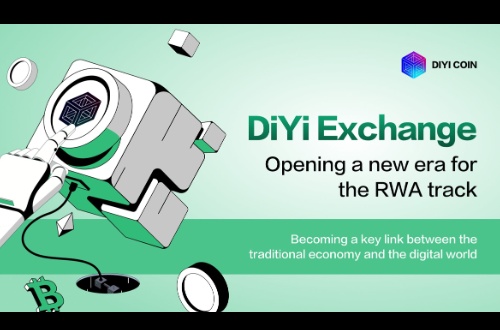07-31
Blockchain insurance global is the new spark for the Insurance and Blockchain Industry
 2020-12-04
2020-12-04
With the in-depth development of the digital economy in 2020, the digital transformation of various industries is advancing rapidly. Blockchain, as the core technology of the digital economy era, has also been included in China‘s "14th Five-Year" development plan so more blockchain developments are expected.
Liang Tao, vice chairman of the China Banking and Insurance Regulatory Commission, said recently, "Currently, China has 30 insurance institutions that have implemented blockchain applications. The insurance industry has huge room for digital transformation and this digitization is urgent. In the next few years, the insurance industry will enter a new era of comprehensive digital transformation, and gradually achieve precise insurance pricing and services. Blockchain will provide better customization, scenario-based marketing channels, and intelligent risk management to effectively improve the service capabilities of insurance institutions."
Blockchain technology and the insurance industry "bring sparks" to accelerate the pace of implementation. At the same time, industry insiders also pointed out that the insurance industry will be the most likely scenario for large-scale applications of blockchain. But how should we consolidate each step and truly take advantage of the blockchain technology to enable the blockchain to empower the insurance industry? BIG believes that we should avoid gimmicks that creates chaos in the industry and instead, work towards providing real solutions that better the industry.

BIG returns trust to the insurance industry
The essence of the insurance industry is mutual assistance, but the prerequisite for mutual assistance is mutual trust. Only in a state of complete credibility, insurance can exert its maximum effect. Therefore, the difficulties faced by the insurance industry at this stage all stem from the lack of trust.
The core feature of the blockchain is that the data is authentic and cannot be tampered with. As the most direct tool for credible verification, it is inherently financial. Whenever a claim settlement event occurs, all data will be packaged and broadcasted on the block after confirmation. If you want to change the information, you can only do so if you control more than half of the chain resources and confirm the change of information. In fact, it is only in theory that it is possible to control more than half of the miner resources on the chain, both in terms of human resources and capital.
Blockchain can permanently record every detail in the business link, so as to truly build trust between insurance providers and potential insurance applicants, improve user loyalty, and help insurance regulators and insurance companies strengthen compliance supervision. Blockchain will be able to bring trust to the insurance industry, allowing the insurance industry to develop in a healthier environment.

It is imperative for BIG to reduce premiums
Automatic underwriting and claiming and reducing premiums are the core advantages of using blockchain technology. In the insurance industry, blockchain will be widely used in static registration, identification, smart contracts, dynamic records, payment equipment, and verification data.
Under the existing insurance system, about 30% of the insurance premium is used to pay sales commissions, operating expenses and other company costs. The existing insurance process does not make full use of funds in the links of information storage, premium estimation, and compensation.
BIG will shorten the entire insurance process and simplify business modules. For example, in the identity verification phase, the identity verification of the applicant is uniquely recorded and stored on the blockchain. Regardless of whether a user is insured by multiple insurance companies or has purchased multiple insurances from the same company, there is no need to fill in the identity information repeatedly. There is also no need to provide other proof of identity when making claims. At the same time, if users need to add personal information, these added items will be recorded on the blockchain with a timestamp. This not only optimizes customer operations, but also reduces tedious operations and also reduces operating costs. These reduced costs will also be reflected in premiums.

The development of human society continues to inject new vitality into the insurance industry. Following traditional paper claims, mobile self-assisted claims, and medical insurance direct-connected quick claims, blockchain technology has once again brought about new changes in the insurance industry. BIG has not only improved the welfare of consumers, but also brought new development opportunities for insurance companies.




